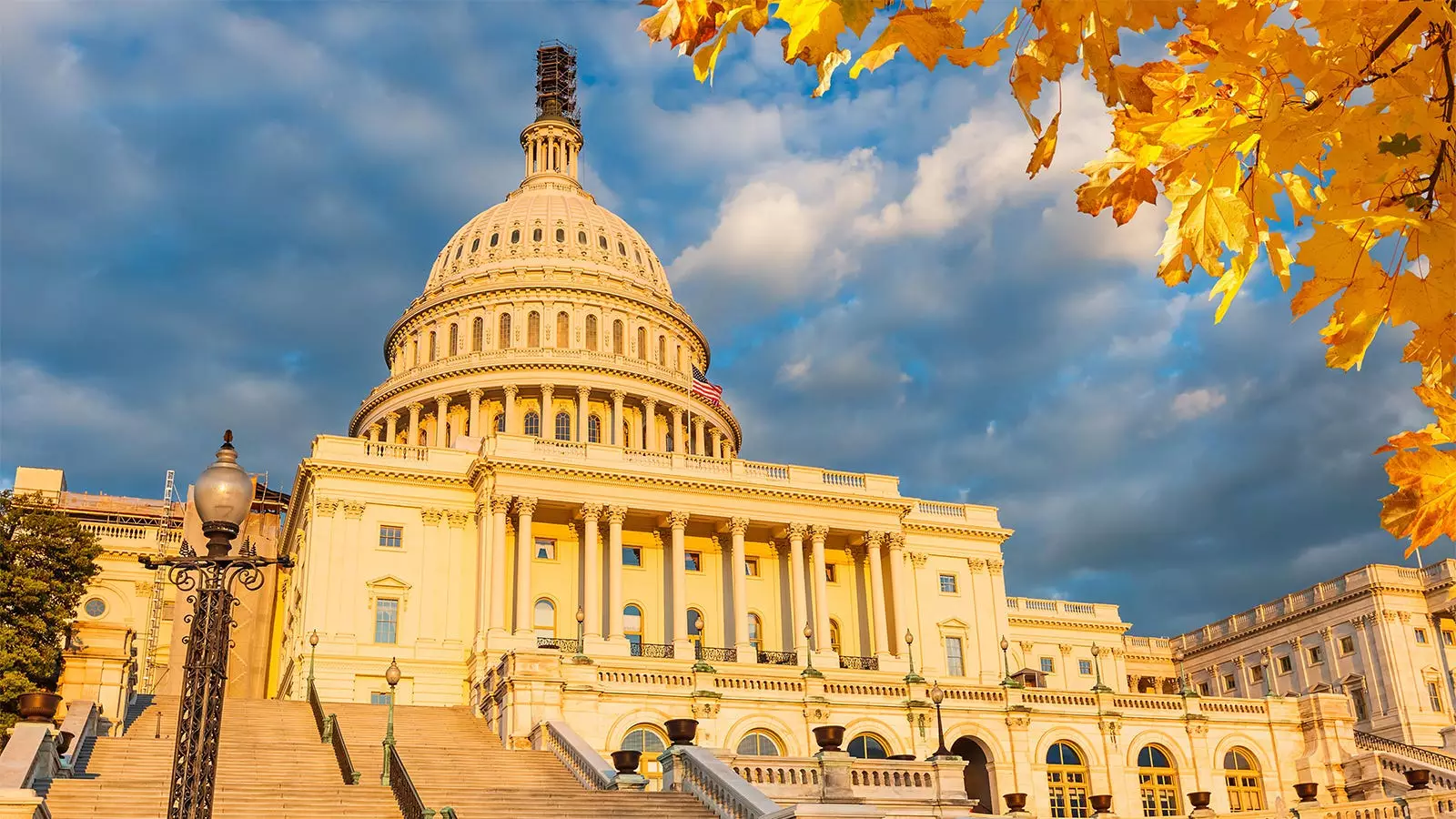As healthcare professionals and lawmakers grapple with the challenges posed by an increasingly unstable economic environment, recent bipartisan efforts in the House of Representatives have highlighted the urgent need to address the Medicare Physician Fee Schedule (MPFS). Currently, a proposed cut of 2.8% looms over healthcare providers, exacerbating the existing financial pressures on physicians and impacting patient access to quality care. With an alarming majority of House members—including both Republican and Democratic leaders—signing a letter urging for legislative action, it’s evident that the time for reform is not only necessary but critical.
The letter, spearheaded by Representatives Mariannette Miller-Meeks and Jimmy Panetta, emphasizes a broader concern: the sustained cuts to the MPFS represent the fifth consecutive year of proposed reductions. This chronic inadequacy points to larger systemic issues within healthcare reimbursement mechanisms. The stark reality is that, as these cuts take effect on January 1, 2025, they threaten to destabilize an already vulnerable healthcare environment, potentially denying patients access to essential services.
The implications of these cuts extend far beyond the financial ramifications for individual practitioners. Medical groups have described the perpetuation of these cuts as forcing difficult choices, including hiring freezes and service eliminations. Consequently, the ability to innovate and transition toward value-based care models becomes compromised. It is crucial to recognize that the MPFS not only governs payments but also shapes the broader healthcare landscape, influencing how services are delivered, improved, and financed.
Adding to the complexity is the notion that Medicare payments, when adjusted for inflation and operational costs over the past two decades, have effectively dropped by an astounding 29%. This historical context illustrates the profound impact these financial constraints have on healthcare delivery: clinics face pressures that can lead to reduced service quality and accessibility.
The letter addressed to House leaders calls for a rigorous review and reform of the MPFS, insisting that the current budget neutrality requirements are outdated and hinder the viability of many practices. Advocates argue that compliance with the Merit-based Incentive Payment System (MIPS) adds significant administrative burden without adequate validation of its effectiveness in measuring care quality. Instead, the focus should shift to establishing a payment system that accurately reflects the realities of providing care in today’s complex environment.
By proposing an inflationary increase to physician payments, the signatories underline the urgent need for reforms that prioritize both financial sustainability for practices and, ultimately, improved patient outcomes. Suggestions include raising the MPFS budget neutrality threshold and implementing systematic reviews of practice expenses every five years.
The response from various medical associations underscores a united front among healthcare providers. Leaders from the American College of Rheumatology and the American Medical Association have hailed the bipartisan efforts as a vital step forward. They assert that the current Medicare payment system is fundamentally broken and requires decisive and meaningful legislative changes. Their calls echo a widespread sentiment in the healthcare sector that the fiscal landscape must adapt to meet the modern-day realities of medical practice.
Furthermore, the upcoming electoral landscape presents a unique opportunity for legislators to enact significant changes. With a clear consensus emerging around the need for reform, it is essential that Congress capitalizes on this moment rather than fall back into partisan gridlock. Instead, the focus needs to remain on collaboration and compromise to ensure that healthcare providers can deliver the high-quality care that patients deserve.
As the letter illustrates, the collective voice of 233 House members sends a compelling message to congressional leaders: the time for action regarding the MPFS is now. Without substantial changes, the consequences will ripple throughout the healthcare system, undermining both the viability of medical practices and the quality of care provided to patients.
Legislation that addresses these critical issues can foster a stronger healthcare system, ensuring that physicians are adequately compensated while maintaining patient access to necessary services. As stakeholders prepare for future negotiations, it is paramount that they prioritize the well-being of both healthcare providers and the patients they serve. Only through meaningful reform can we hope to establish a healthcare environment that fosters innovation, maintains high standards of care, and ultimately thrives in the face of ongoing challenges.


Leave a Reply